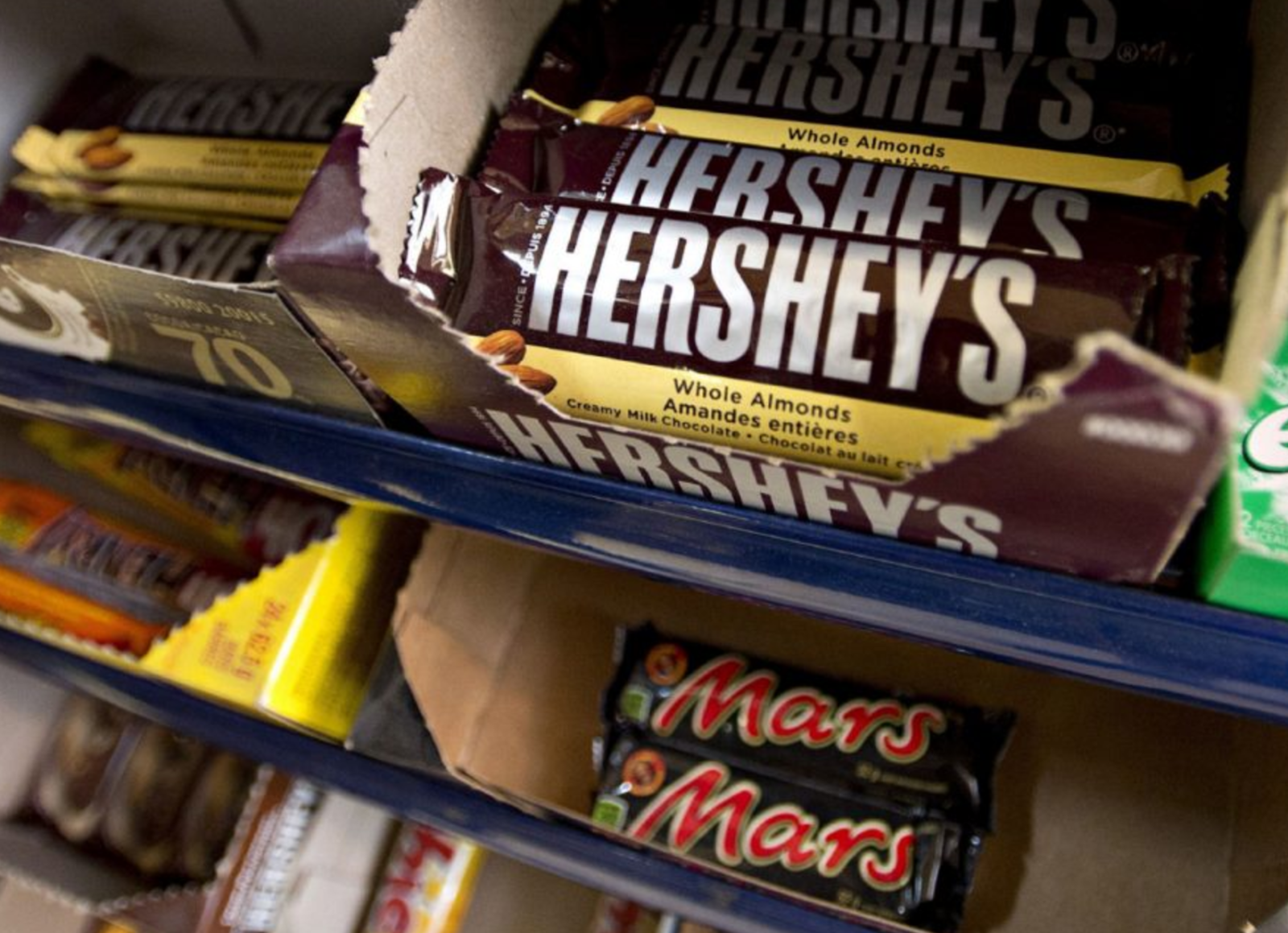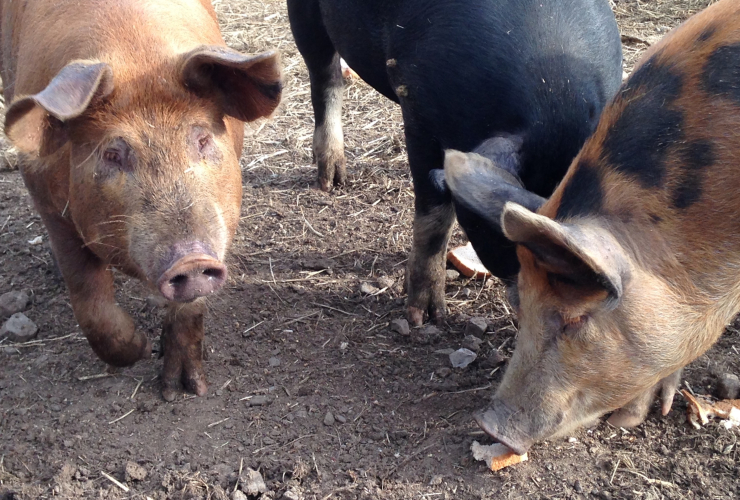I’ve had water on my brain lately.
It’s a bit hard not to, with all the news about courageous water protectors fighting risky oil pipelines in their territory, and controversy over the proposed mass purchase of precious Canadian water by such private corporations as Nestlé.
I’ve heard some people suggest that we have more than enough water and it isn’t a big deal, but quite frankly, that’s a little shortsighted. Remember, we don’t use water only for drinking. We need it to grow, process, transport and prepare our food in addition to generating power, manufacturing and other industrial and consumer purposes.
The cost of chocolate... in litres of water
According to a consumption report by Environment and Climate Change Canada, the government body in charge of protecting our water, Canada is one of the largest per capita users of fresh water in the world despite improvements in household consumption.
Water consumption refers to water withdrawn but not returned to its original source. In producing food for Canadians, the agriculture sector in British Columbia, Alberta and Saskatchewan consume the most water overall, the report says.
In 2008, Arjen Hoekstra, a water management professor at the University of Twente in the Netherlands, created the concept of a ‘water footprint.’ A water footprint refers to “the sum of the water used in the various steps of the production chain,” according to his literature, and in the case of businesses, refers to the total volume of freshwater used to produce their products or services.
The water footprint helps remind us about water usage that isn’t obvious. Hoekstra’s math provides some shocking results: One kilogram of apples has a water footprint of 700 litres; one kilogram of beef has a footprint of 15,500 litres; and kilo of chocolate a whopping 24,000 litres.
As a chocolate lover and an environmentalist, I’m heartbroken.

Ditch the bottles
What can individuals do? In my opinion, we can start at home with the most basic measure: Ditch the water bottles.
Bottled water has been mocked for as long as I can remember for being pretentious, frivolous, wasteful, and now with ‘bottled tap water,’ downright ridiculous. I’ll be honest — I do occasionally buy bottled water, but more often than not I have a glass flip top bottle with me.
I like the feel of drinking out of glass and I’m reusing a bottle that previously held one of my other favourite beverages — beer. (Believe it not, the hoppy taste DOES eventually wash out).
Many of us want to reduce our water use. Organizations such as the David Suzuki Foundation, The Council of Canadians and fullfootprint.org are helping us make more informed choices by sharing information on water issues and conservation measures.
No effort is too little — remember that the smallest ripple in a pond can have great effect.
Thankfully, Canada is considered a ‘water rich’ country. We can’t — and won’t — stop eating, drinking or engaging in many other processes that use water. But we must guard against wasting it. Our planet, and chocolate, depends on it.
A water rich country or not,
A water rich country or not, it is still outrageous that a Swiss company, Nestle by name, can steal so much of our water in order to inundate the planet with those cheap, non-degradable plastic bottles. I guess they must be a 'job creator', but why past governments sold what is not theirs to dispose of, for literally pennies, makes me wonder how long we've all been asleep.
Believing that there are no limits, that everything is possible, and that infinite growth is the one sure fire recipe for prosperity may turn out to be the sleeping pill from which there is no recovery.
If we now believe we can put a siphon in hydrologic cycles around the world, and expect Mom nature to keep replenishing what we take and do not return, all those zombie movies may be on to something.
A water rich country or not,
A water rich country or not, it is still outrageous that a Swiss company, Nestle by name, can steal so much of our water in order to inundate the planet with those cheap, non-degradable plastic bottles. I guess they must be a 'job creator', but why past governments sold what is not theirs to dispose of, for literally pennies, makes me wonder how long we've all been asleep.
Believing that there are no limits, that everything is possible, and that infinite growth is the one sure fire recipe for prosperity may turn out to be the sleeping pill from which there is no recovery.
If we now believe we can put a siphon in hydrologic cycles around the world, and expect Mom nature to keep replenishing what we take and do not return, all those zombie movies may be on to something.






Comments